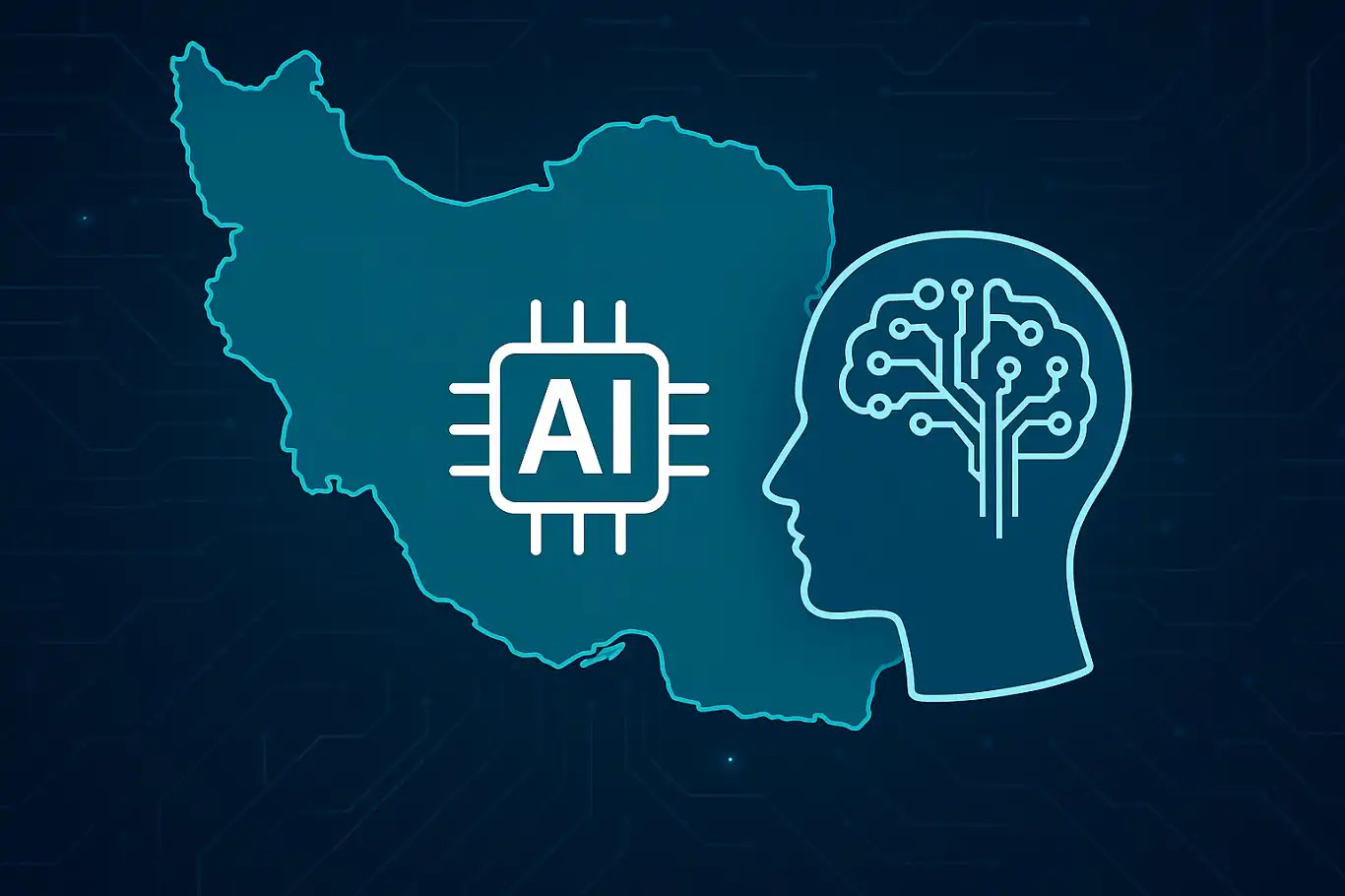Iran launches first AI-powered legal robot for public use


Iran has introduced its first artificial intelligence-powered legal robot, known as “RoboLegal,” designed to make legal advice faster, easier, and more accessible to all citizens.
The new system allows users to ask legal questions via text or voice, receiving answers based on an extensive database of Iranian legal cases. Its goal is to give people reliable legal support without the high costs or long wait times often associated with traditional legal consultations.
Officials say RoboLegal is not just for citizens seeking advice. It can also assist judges and lawyers by handling routine tasks, speeding up court cases, and reducing administrative costs. This is expected to ease case backlogs, shorten resolution times, and help businesses by minimizing legal uncertainty.
Unlike foreign legal AI platforms, RoboLegal is built entirely with local expertise and tailored to Iran’s legal system and cultural context. This local development makes the system highly accurate and relevant to everyday Iranian legal needs.
The launch of RoboLegal is part of a broader push by the Iranian government to digitize public services. Currently, Iran offers over 200 general public services and 734 specialized services electronically across sectors including the judiciary, education, healthcare, agriculture, and culture.
RoboLegal is seen as a symbol of how artificial intelligence can solve real-world problems and support social progress. By making legal information widely available — even to people in rural areas or those who cannot afford a lawyer — the platform contributes to a fairer justice system and helps build trust between citizens and institutions.
“Using AI in the justice system is a smart move to make services faster, clearer, and easier to use,” said one technology official. “This will empower millions of people who previously faced barriers to accessing legal help.”
Iran’s technology sector has been expanding rapidly, with young entrepreneurs launching startups in e-commerce, online education, fintech, digital health, and smart city solutions. Companies such as Digikala (e-commerce), Skyroom (online education), and Cafe Bazaar (mobile apps) are already serving millions of users, proving that local solutions can compete in regional markets.
RoboLegal is expected to become another success story, demonstrating how AI can be leveraged to improve governance and citizen services. Its deployment comes as Iran positions itself as a growing innovation hub in West Asia, with a vibrant startup culture and a clear focus on using technology to strengthen public life.
Experts say the introduction of RoboLegal could mark the beginning of a new chapter in Iran’s digital transformation. As AI becomes further embedded in public services, it is expected to create a more transparent, efficient, and citizen-friendly government.
By improving access to justice, RoboLegal is not just a technological achievement — it is a step toward greater fairness, participation, and trust in Iran’s legal system. (ILKHA)
LEGAL WARNING: All rights of the published news, photos and videos are reserved by İlke Haber Ajansı Basın Yayın San. Trade A.Ş. Under no circumstances can all or part of the news, photos and videos be used without a written contract or subscription.
As cyberattacks grow in scale and sophistication, experts are warning that encryption must now stand as a fundamental layer of corporate security.
Albania has appointed an artificial intelligence system named Diella as a cabinet-level “minister” to supervise the nation’s public procurement sector, aiming to tackle long-standing corruption.
Türkiye has announced a major national initiative aimed at developing domestically produced nuclear reactors, marking a significant milestone in the country’s energy strategy.
Turkish President Recep Tayyip Erdoğan was formally presented with Togg’s latest electric vehicle model, the T10F, during a special ceremony held at the Dolmabahçe Presidential Office in Istanbul on Saturday.